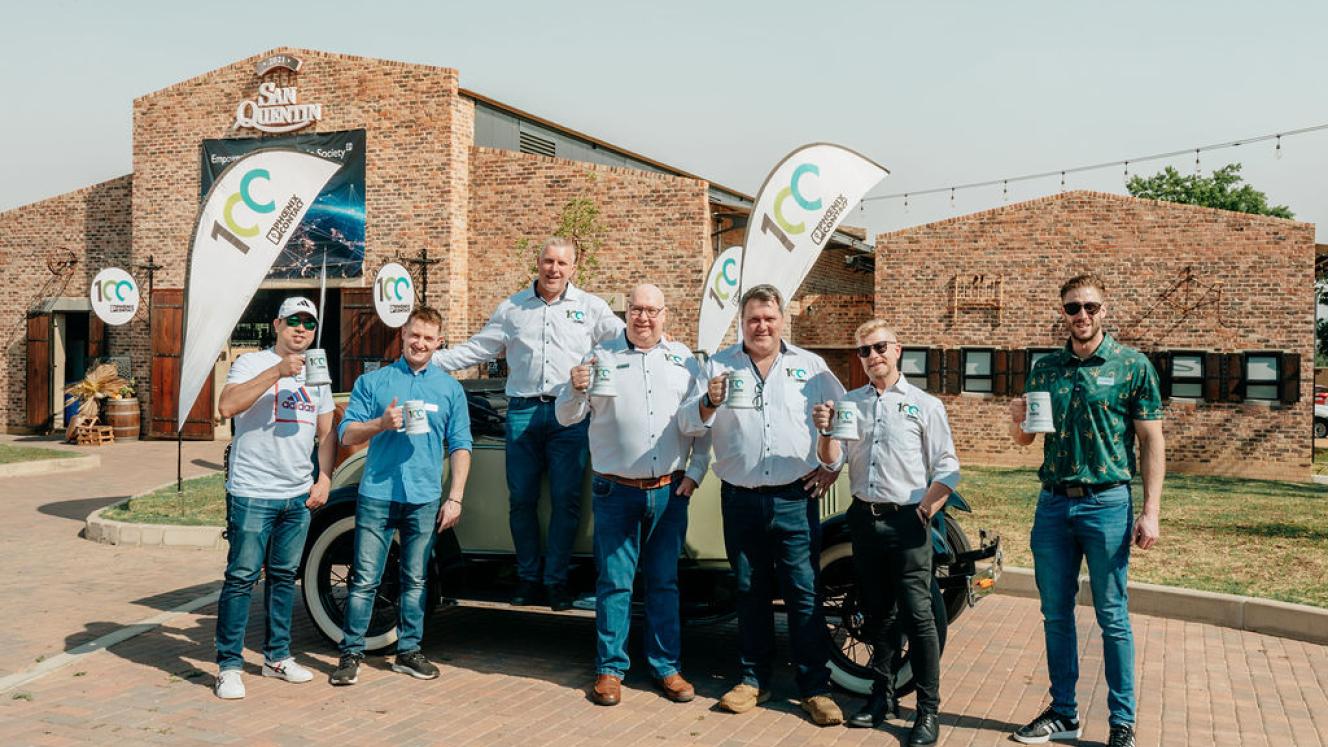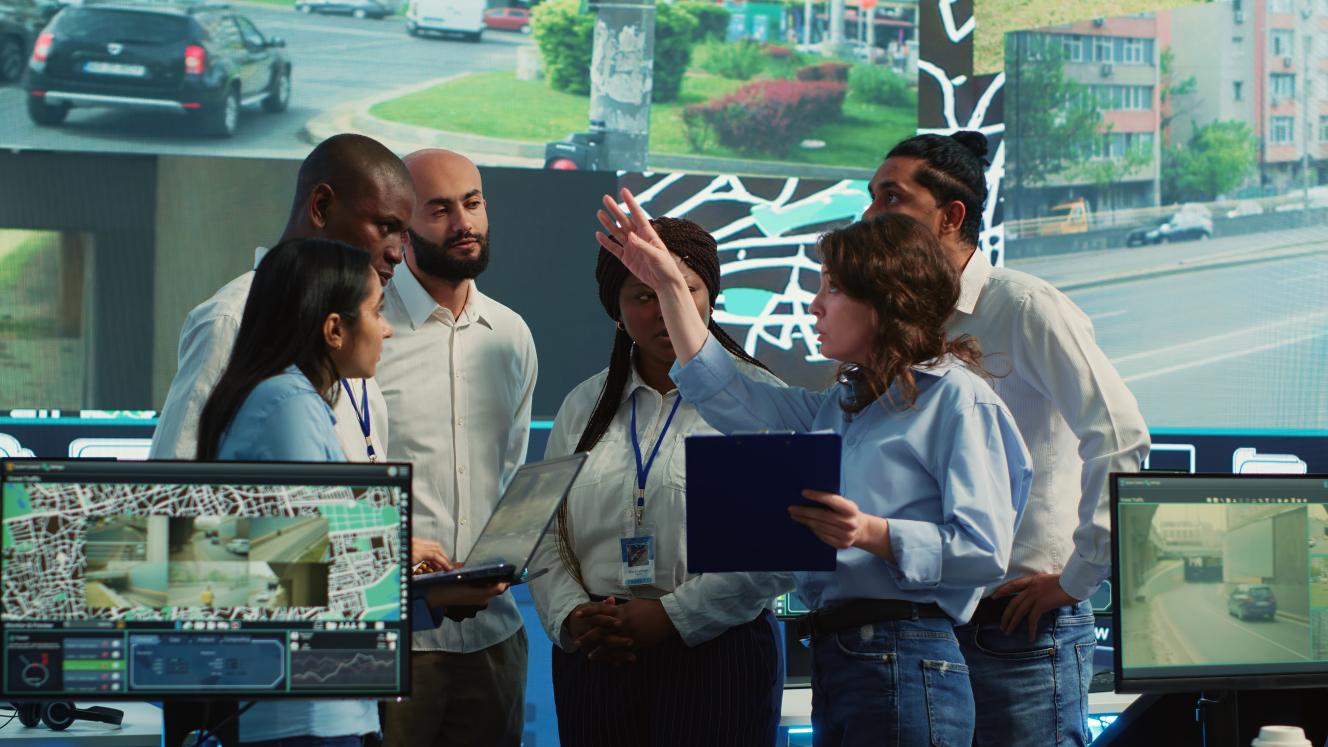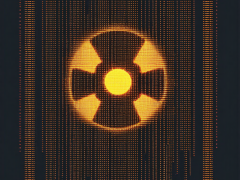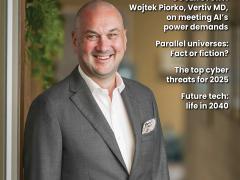In the past 100 years, the family-run company Phoenix Contact has evolved from a commercial agency for industrial products founded in Essen, Germany, into a global manufacturing company. With products and solutions for the electrification, networking, and automation of all sectors of the economy and infrastructure – and with a passion for innovation and technology. Phoenix Contact continues to drive all of this forward – together with a commitment to the sustainable development of habitats and economic spaces on our planet.
“We have achieved a great deal over the years together, remaining true to the values and culture of our family business even as we have grown and evolved. This anniversary is a special moment for us. We have built the foundation upon which we can now continue on our path into the future. Together with our customers and business partners, we will drive forward solutions for the energy revolution that are the basis for a sustainable world,” said Phoenix Contact CEO Frank Stührenberg.
Connections between people and technologies
Good connections are more than just an elementary feature of Phoenix Contact products. They were also the basis for transforming the idea of businessman Hugo Knümann into a globally active industrial company. With the founding of Phönix Elektro- und Industrie-Bedarfsgesellschaft in Essen in 1923, the company initially started out as a pure sales company. In 1928, the business connection to RWE led to the invention of the first terminal block on a DIN rail. This gave Knümann the idea of separating the blocks and arranging them individually to form terminal blocks on a DIN rail. Another far-reaching personal and entrepreneurial connection was established in 1949. Knümann met Josef Eisert, a development engineer at Siemens, who took over the company in 1953 after Knümann passed away.
From Blomberg to the world
With the arrival of Eisert, the company underwent a fundamental change. The pure sales company became a company with its own production. At the Blomberg location, where the company had to be relocated during the war, a tool shop, plastics production, screw turning shop, assembly facilities, metalworking shop, warehouse, and logistics were soon established.
After the relocation, many new products were being developed and the portfolio increasingly expanded in the direction of electronics. With the innovative Interbus fieldbus system, the basis for industrial networking followed in 1987. The decisive step towards automation was taken. After the establishment of the first foreign subsidiary in the USA in 1981, further subsidiaries followed. Today, the sales markets are not just in Germany, but all over the world.














